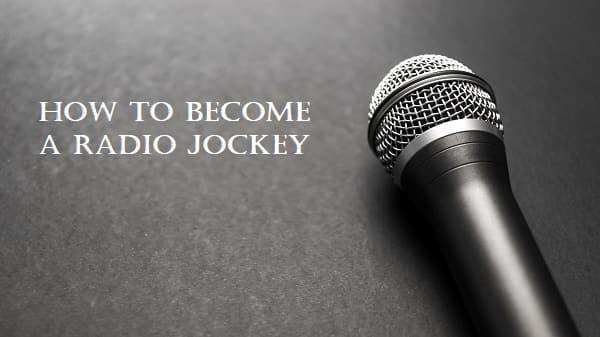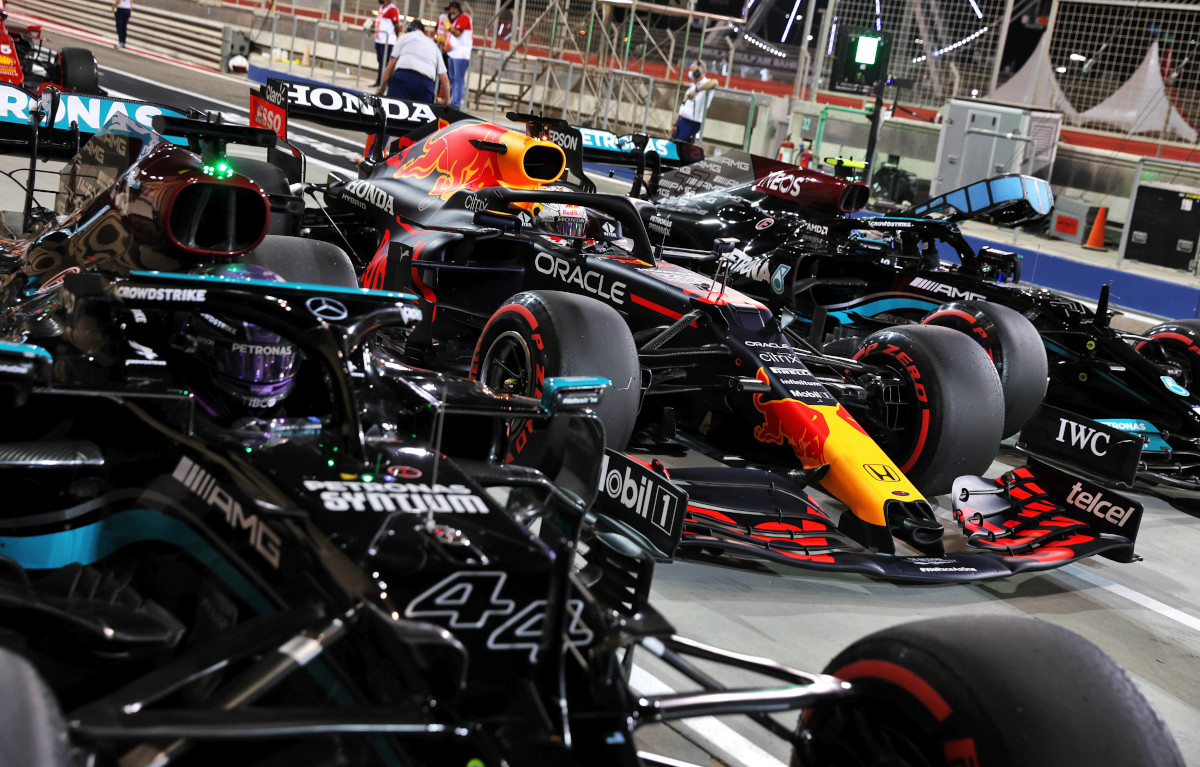
The new seven-book Blu-Ray box set of the Criterion World Wong Kar Wai collection couldn’t have had a more appropriate name. Few filmmakers have managed to create a unique space on screen. Whether in their narrative structure, their setting – primarily, but not exclusively, Hong Kong – their scripts or their soundtracks, these films bear the mark of one of the most influential writers of the late 20th and early 21st centuries. The century.
A retrospective of Wong’s six groundbreaking films, all recently restored in 4K and included in this box set, which took place last year. Unfortunately, the pandemic has made the effort virtual and prevented moviegoers from seeing these images in the theaters where they are best appreciated. Nevertheless, Criterion’s box set, which includes the seventh film (also a 4K restoration) and a selection of bonus features, is more than up to the task. With their layers of meaning, opaque narrative cues (Mr. Wong has been known to develop his scripts while shooting) and overwhelming ambiguity, these films play on the repeated viewing calls of home movies.
Sir, I want to thank you for your support. Wong’s first feature, As Tears Go By (1988), is an ideal starting point, if only because his mature style is not yet fully developed. The film is set in a glamorous world of underground gangsters where Wah (
Andy Lau.
… middle managers trying to control their cohort of heartless flies (
Jackie Cheung
while he’s courting the beautiful girl Ngor (
Maggie Cheung.
In his first of several successful collaborations with the filmmaker). The fast cuts, ’80s synthesizer music and impressive shots in the billiard room make the film unique, but the familiar Hong Kong film patterns, including predictable fight scenes and moralistic conclusions, detract from the film’s appeal.
Leslie Cheung in Wilderness Days
Photo:
Collection of criteria
But just two years later, Mr. Wong is in his element with Days of Savagery (1990). A film in which a voluptuous playboy from the 1960s
Leslie Cheung.
) crushes the women who love him, while lazily destroying himself, was the first director with
Christopher Doyle
as director of photography, a collaboration that has produced more than half a dozen of the most luxurious and daring films ever seen on screen. Their combined approach revels in saturated colors (in this case, green and yellow), claustrophobic close-ups and odd camera angles, all here enhanced by the M.’s Latin dance music. Wong who is so close to his heart.
Bridget Lin and Tony Leung in Chungking Express
Photo:
Collection of criteria
Chungking Express (1994), a charming comedy, shows that Mr. Chungking is a man who can be trusted to do the right thing. Wong doesn’t always have to be ruthless. He can also be a romantic. Two police officers, one in plain clothes.
Takeshi Kaneshiro
another in the form of (
Tony Leung
) – breakups and attempts to find new love stories in essentially sequential scenarios. The quick cuts and skewed style of the film (due to lack of film rights) give the film an energy that is unprecedented in the Wong canon.
His next film, Fallen Angels (1995), has been described by the director as the flip side of Chungking Express, which was originally set up as part of an earlier feature film. His tone is decidedly darker – nighttime action – but there’s enough humor to lighten the pathos, especially that of Mr. Kaneshiro’s charming role as a mute mockumentary.
In Happy Together (1997), Wong made same-sex relationships a central theme of his film. The Argentine staging with the Chinese leads (Leslie Chung and Mr. Leung in empathetic but uninspired renditions) was inspired, but so was the unflinching portrayal of this intense romance.
In discussions of Mr. Wong’s work, reference to Mr. Doyle is usually frequent. Less publicly recognized, but no less important, is the work of
William Chang,
who was both the designer and the editor of Mr. Wong’s films. His efforts may seem subtle, as in Happy Together, or ostentatious, as in Mr. Wong’s most famous film, In the Mood for Love (2000), but they are nonetheless included in the final product.
Tony Leung and Leslie Cheung in Happy Together
Photo:
Collection of criteria
Few, if any, films have lived up to the maxim that less is more like Mood for Love, and none are as palpably beautiful. (One could write a book about how Ms. Cheung wears Mr. Chung’s chongam like a second skin).
His sequel 2046 (2004), which was not officially part of the tour’s retrospective, is too long and vague for its own good. The futuristic scenes have not aged well and were never needed. But the centerpiece is the intense sexual relationship between the main character, Mr. B., and the other two. Leung and
Ziyi Zhang
The singer/songwriter draws you in, as almost everything this writer-director does to some degree.
Maggie Cheung and Tony Leung in In the Mood for Love
Photo:
Collection of criteria
At 62, Mr. Wong still has time to make more groundbreaking recordings. But even if he never does, the films in this anthology will confirm his reputation as a highly intelligent and precise filmmaker, whose work continues to surprise and delight. And as this wonderful boxset proves, the re-exposure of his films only enhances their power.
-Sir, I want to thank you for your support. -Sir. Mermelstein writes about film and classical music for a magazine.
Copyright ©2020 Dow Jones & Company, Inc. All rights reserved. 87990cbe856818d5eddac44c7b1cdeb8
Related Tags:
world of wong kar wai,wong kar-wai film,days of being wild,chungking express,wong kar-wai best movies,world of wong kar wai box set,Privacy settings,How Search works,In the Mood for Love,Chungking Express,The Grandmas…,Days of Being Wild,Fallen Angels,See more,Maggie Cheung,Tony Leung Chiu‑wai,Faye Wong,Zhang Ziyi,Gong Li,Takuya Kimura,world of wong kar wai blu-ray,wong kar-wai in the mood for love







